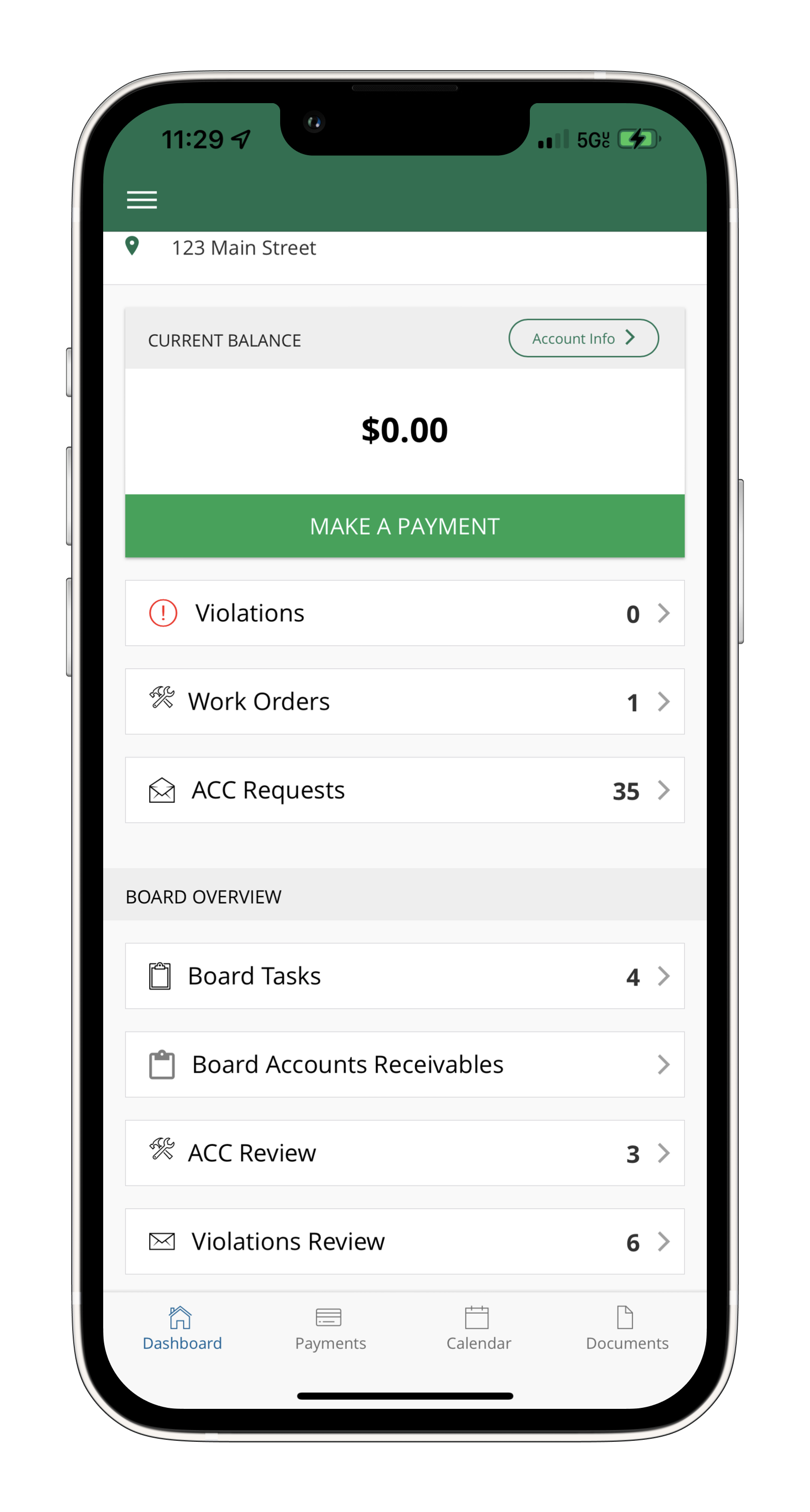


How to Use Social Media to Positively Engage Your Community
December 10, 2017


CMA Names Lead Executive for Portfolio Division
February 5, 2018
Any community association considering the impact of short-term rentals on their communities must weigh carefully the interest of the individual homeowners against the burdens on the safety and infrastructure of the communities themselves.
Short-term rentals, or vacation rentals, vary in both type and duration, but are typically defined as the rental or lease of a furnished home, apartment, or condominium for a stay of 30 days or less. Short-term rentals have gained popularity among homeowners as the process to lease is simplified and demand for such rentals has increased. Websites like Airbnb®, Vacation Rentals by Owner (VRBO®), and HomeAway® offer online rental services that connect homeowners offering lodging and guests in search of alternatives to traditional hotels.
However, short-term rentals may also create some challenges for associations seeking to restrict negative impacts from non-owner occupants, such as:
- Unsupervised arrivals, which may allow an unknown amount of occupants.
- Increased noise, trash, and traffic.
- Disregard for deed restrictions by renters who may be uninformed about fireworks restrictions or trash pick-up days.
- Overuse of community amenities.
Texas law holds that clearly-worded restrictive covenants either prohibiting short-term rentals within a given community must be enforced. In the absence of such express language, however, community associations seeking to prohibit or restrict short-term rentals have argued that such rentals violate what is known as the residential use or purposes requirement. This particular restrictive covenant requires that property be used for “residential purposes†only (as opposed to business use). The Texas Courts of Appeals, however, are split as to how this requirement should be interpreted.
 Two courts of appeals in Austin and Ft. Worth determined that the general residential use requirement does not bar short-term rentals. Both courts held that the duration of a lease does not necessarily alter the character of the use of the property, i.e., if the renter is eating, sleeping, and otherwise using the property as a residence, then the fact that money changed hands does not render the property a business.
Two courts of appeals in Austin and Ft. Worth determined that the general residential use requirement does not bar short-term rentals. Both courts held that the duration of a lease does not necessarily alter the character of the use of the property, i.e., if the renter is eating, sleeping, and otherwise using the property as a residence, then the fact that money changed hands does not render the property a business.
On the other hand, two courts of appeals in San Antonio and Beaumont found that “residential purposes†requires both physical presence and an intention to remain. Without the intent to remain, these appellate courts found a short-term rental is a “transient†use, which is distinct from a residence. One such opinion, Tarr v. Timberwood Park Owners Association, Inc., 510 S.W.3d 725 (Tex. App. – San Antonio 2016, pet. filed), has been appealed to the Texas Supreme Court who will decide the split among the courts of appeals. Oral argument before the Texas Supreme Court is currently scheduled for February 6, 2018.
In the interim, the best practice for community associations seeking to prohibit or restrict short-term rentals is to amend the governing documents to expressly address the desired restrictions. In drafting such amendments, it is important to clearly address the type of lease and the duration that the association seeks to restrict, as well as define the “residential†and “business†purposes for which the property may be used. Alternatively, depending on the governing documents and the permitted scope of rule-making authority, associations may consider implementing rules intended to help relieve the burden imposed, as long as the association does not effectively prohibit the use. A community association may want to require a homeowner to register a renter prior to arrival or adopt an annual fee to be paid by homeowners renting their homes to ease the burden of additional costs incurred.  Regardless, community associations wishing to preclude or restrict short-term rentals should act swiftly in the interest of all homeowners and the communities in which they reside.







